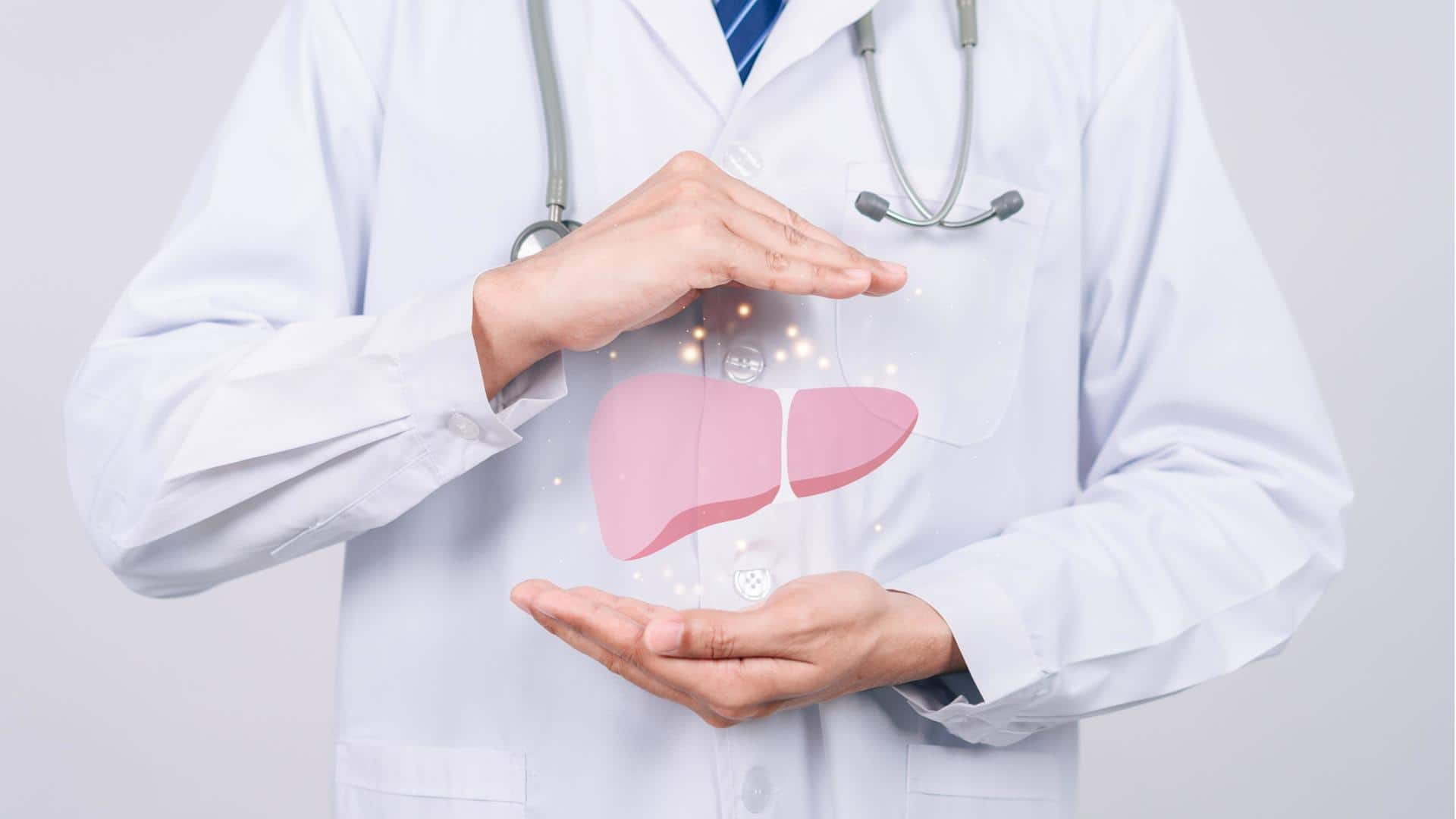
Liver Cirrhosis: Understanding the symptoms, causes, and treatments
What's the story
The liver is one of the most important organs in our body, responsible for essential functions such as filtering toxins, producing bile, and storing nutrients. However, certain chronic conditions can damage the liver, leading to a potentially life-threatening condition called liver cirrhosis. Let's explore the essential aspects of this condition and understand its various symptoms, causes, and treatments.
Liver cirrhosis
What is liver cirrhosis?
Cirrhosis is a condition where the liver is scarred and cannot function correctly due to prolonged liver damage. It is also known as end-stage liver disease and is often the result of conditions such as hepatitis. Although the liver can still function despite the scarring, cirrhosis can lead to liver failure and serious complications that can be life-threatening.
Causes
Common causes of liver cirrhosis
Liquor use for an extended period can damage the liver and lead to scarring, while viral hepatitis can cause inflammation and subsequent liver damage. Diabetes and obesity can also contribute to the development of liver cirrhosis. Using shared needles for drug injection and having unprotected sex can increase the risk of hepatitis B and C infections, which are significant risk factors for cirrhosis.
Symptoms
Signs and symptoms to look for
Cirrhosis symptoms arise when scarring on the liver impairs its functions like blood purification, toxin breakdown, clotting protein production, and fat absorption. Symptoms range from decreased appetite, fatigue, mild pain in the upper right abdomen, unintentional weight loss, nausea, and vomiting, to swollen veins. Serious symptoms may include jaundice, confusion, itchy skin, easy bruising or bleeding, dark urine, abdominal swelling, and leg edema.
Stages
Stages of liver cirrhosis
Symptoms of cirrhosis are divided into two stages: compensated and decompensated. Compensated cirrhosis is the asymptomatic stage where liver scarring has not progressed to cause any symptoms. Decompensated cirrhosis is the serious stage where symptoms like jaundice or ascites occur. However, if the cause of cirrhosis is managed early, such as heavy drinking, it may be possible to reverse from decompensated to compensated stage.
Complications
Complications from liver cirrhosis
Cirrhosis can cause a backup of blood through veins in the esophagus, called esophageal varices. Complications of cirrhosis include bacterial infections, bleeding, medication sensitivity, malnutrition, kidney failure, liver cancer, confusion due to blood toxins in the brain, gallstones, and an enlarged spleen. These complications can be severe and life-threatening, emphasizing the importance of early detection and treatment of cirrhosis.
Prevention
Preventing cirrhosis
Having protected sex can lower the risk of contracting hepatitis B or C. Centers for Disease Control and Prevention recommends hepatitis B vaccination for infants and at-risk adults. Cirrhosis can be prevented by limiting alcohol intake, maintaining a balanced diet, and exercising regularly. Other prevention measures include avoiding illegal drugs, talking to a doctor about medications, and getting screened for hepatitis if at risk.
Treatment
Is there a treatment available?
Treatment for cirrhosis includes medications, lifestyle changes, and surgery, depending on the cause, symptoms, and progression. Medications such as beta-blockers or nitrates can manage portal hypertension, while antibiotics or antivirals can treat hepatitis. Alcohol-induced cirrhosis may require stopping drinking and weight loss if necessary. A low-sodium diet can manage ascites. A liver transplant is the last resort for advanced cirrhosis.